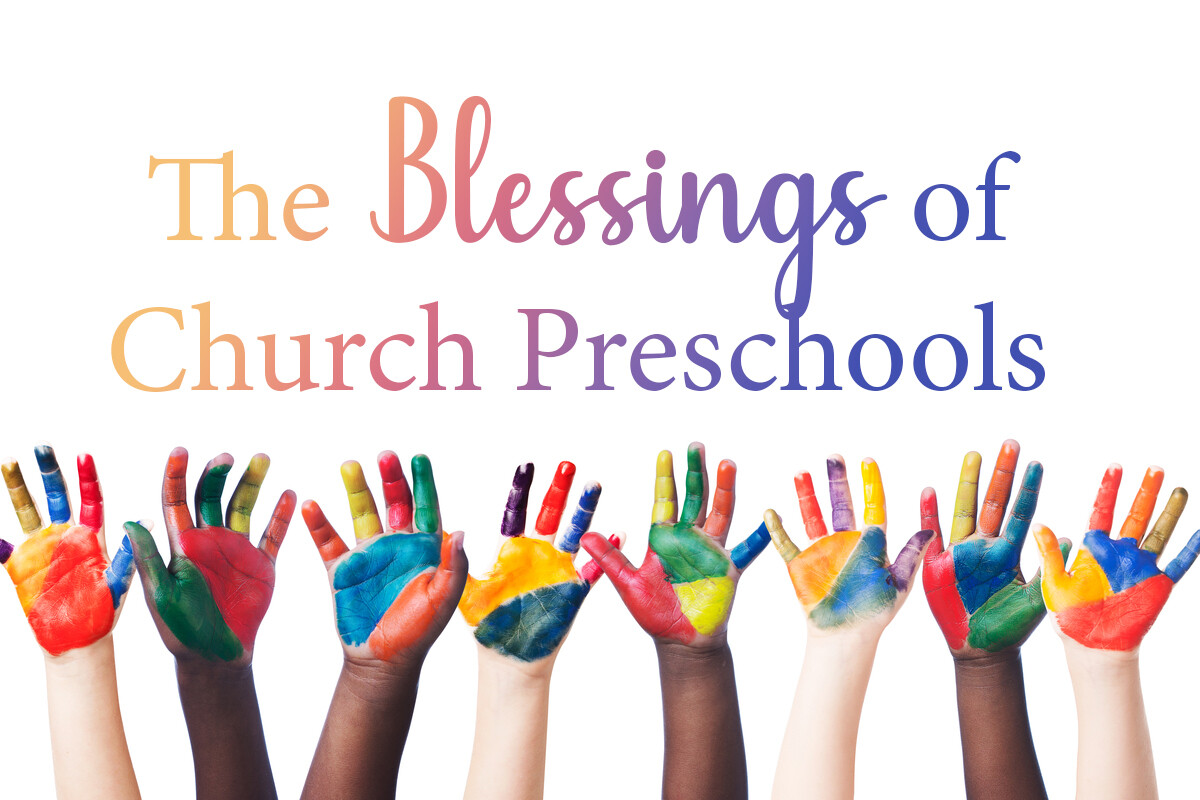
Education has always been at the core of the Churches of God, General Conference. Our founder, John Winebrenner was a well-educated pastor who strived, publicly and privately to encourage education in all its forms. Over these two centuries, the CGGC has struggled to make progress toward its educational goals, but it’s also had great success. The Advocate has spoken at length about how those struggles have paid off, like in our last issue about Winebrenner Theological Seminary, and in last year’s issue on the University of Findlay.
But in that long history, there are untold sides to our education story, a few which we aim to rectify today.
The Issue with Education in the United States
One of the most contentious issues facing American’s is childhood education. Pew Research Center reports that only 37% of republicans believe that public education has a positive effect on the country, while 61% believe it has a negative effect. Democrats effectively flip those number to 72% positive and 26% negative.[1] And this is an important conversation to have considering, as Pew also reports, that “Approximately 83% of k-12 students are publicly educated.”[2]
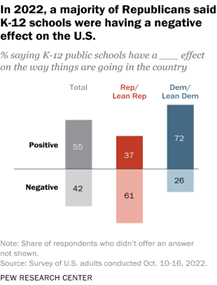
Unfortunately, the alternatives aren’t cheap or easy. The cost of private education and childcare have increased substantially year over year. Census.gov reports that, “These price ranges were equivalent to between 8% and 19.3% of median family income per child in paid care.”[3] Already, the cost of living in the United States requires most families to have two incomes, and so parents are left with an increasingly difficult set of options. Homeschooling is cheaper but untenable for many homes that require two sources of income, but day care and private schools can be so costly as to wipe out a large portion of that income. Lastly, it has to be said, the near weekly school shootings in the United States play a role in the fear and difficulty of this choice.
What our Churches are doing about it
So, what are our churches doing to help? Well, a lot actually. We interviewed three churches that are actively involved with early childhood education to get a better understanding of the benefits and challenges of operating a Christian based preschool. Namely, Little Friendships Preschool (Friendship Community Church in Dover, PA), Stepping Stones Preschool (First Church of God in Columbia City, IN), and Oaks Academy Preschool (The Remnant Church of God in Moore, OK).
Directors from each of the three schools were kind enough to candidly talk about where they see God moving in their schools, and where there has been difficulties and challenge too.
Pam Westerhold, an educator at Little Friendships Preschool in Dover, PA said that the core mission of the preschool is to prepare kids for kindergarten. And this was true for each of the preschools. Education is the focus, of course. But what separates them from a public preschool is the emphasis they place on Jesus, and the ways they care not only for the kids, but the entirely family.
When asked about whether or not preschool could be discipleship, Pam said, “We nurture the parents as much as we nurture the kids.” Parents are often struggling to make ends meet, or with discipline issues with their kids. “At times, I’m also a counselor for the parents. A mom has been texting me about her marital problems, and I’m discipling her through that.”
Pastor Debbie from Stepping Stones Preschool echoed that sentiment, and suggested that Christian based preschools fill a niche. “Families are pretty stressed out and don't spend the kind of time they used to working with their kids at home,” Pastor Debbie said. “They feel like the school will do it. Schools are stressed out with students with lots of different needs and they're hoping kids will enter school with some groundwork. So, what we can do as a church is help that happen… I think it's pretty evident that it's important for them.”
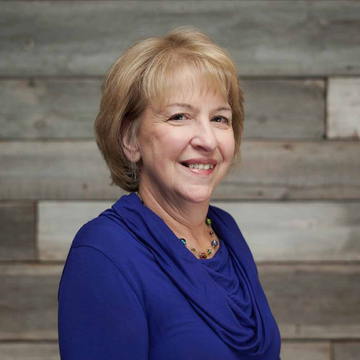 Pastor Debbie Reiniche at First Church, Columbia City, IN.
Pastor Debbie Reiniche at First Church, Columbia City, IN.
Little Friendships strives to prepare kids without having them all day long. “Children are only there for 2.5 hours at a time. We’re not serving meals. We’re not doing nap time.” This is an important point for Pam, who believes that when kids go to preschool all day, it can both be too much for the kids, and not enough time spent with family. It means from this early age, parents and grandparents aren’t as engaged in the instruction of the children as they could be.

And the parents appreciate that. “They're not looking to us as people who are helping to raise their children,” Pam said. “They're looking at to us as the teachers for those hours and we're getting them ready for kindergarten and getting them ready for the next step in their education.”
Pastor Heather Boss, director of Oaks Academy of Moore, believes Christian based preschools are a clear benefit to the community. “A church-based school supports families in their God-given role to educate their children, reinforcing the biblical partnership between church and home.”
In order to ensure the preschool is accessible, Pastor Debbie confirmed that “Our preschool director contacts all local preschools/daycare providers in the county each spring and asks their rates. Our rate is always comparable to others in our community.”
The Benefits of Running a Preschool
We were also interested to hear how the relationship between a church and a preschool can be mutually beneficial. Everyone seemed to agree that preschool has been an outreach opportunity. Some people started showing up to the church specifically because they sent their kid to preschool first.
Pastor Heather said that the relationship is reciprocal. “Bible based schools attract young families, creating opportunities for churches to connect with and minister to parents and siblings.” Meanwhile, “Schools can extend the church’s reach into the community, serving as a beacon of hope and truth.”
Mindy Hoffman, the Children’s Director said that, “It's amazing on a Sunday when you get those visitors [who’s] kids have been coming to Stepping Stones. But they walk in the door and the kids are so excited to show mom and dad, ‘oh, here's my class. Oh, this is where we go when we go outside to play.’ And so parents are more hesitant than kids when they come for that first time!”
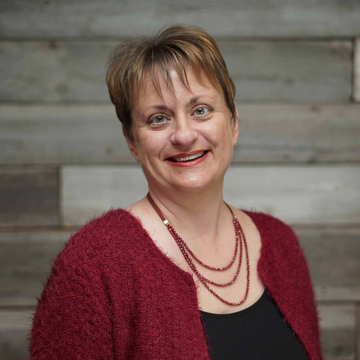 Mindy Hoffman, First Church, Columbia City, IN.
Mindy Hoffman, First Church, Columbia City, IN.
Pam corroborated this, saying “There are people who have started to come to the church because of the preschool. If there is an event coming up, we make sure our parents know about it. There are a lot of ways that it brings people into the church.” It’s clear from the interviewees that preschool can be an amazing outreach opportunity, and a way to bless the community with affordable education.
For these educators, it’s also about what a Christian education can do for families in general. “I think nurturing the relationship between kids and parents, I think that’s a big deal,” Pam said. “I think God wants strong families… We are giving the families a reason to be excited for what their child did.”
The Challenges of Running a Preschool
Yet, there is no shortage of challenges, especially as a preschool grows. Initially, First Church in Columbia City was operating both a daycare and a preschool simultaneously. In the early 2000’s, there wasn’t alignment on how to finance the daycare, and there wasn’t alignment on the educational pathway the preschool school should take. The church and the daycare started to have differences in vision and mission which caused a lot of turmoil. The daycare was shut down in 2012, and the Preschool was restructured and relaunched. Stepping Stones is now quite successful, but it was a difficult transition and some people left the church over it.
Reflecting on that time, Mindy said that, “The ministry got too large. It was taking all of the children’s space, every single classroom, even some of the youth space… The program got so big… we couldn’t staff it from people in our church. Then we were having to have to compromise the people we hired. We didn’t have a solid, good Christian staff in place.”
Now, Stepping Stones is structured so that the church has full oversight, with one board, and the church administration is all in on helping to run and facilitate the preschool. First Church has turned the situation around, and learned how to better manage and run a successful school while not over burdening the church.
The burden of this ministry can be heavy for churches. While thinking about the challenges, Pastor Heather said, “Starting and maintaining a school requires significant financial and human resources, including space, materials, and qualified staff.”
It's a reminder that any venture of the church has risks, and when unalignment happens it can seriously derail a ministry. Mindy said of the previous iteration of the preschool that, “Their focus can easily become more on education, but our focus is on Jesus and the Bible, and then education. It has to be constant as you’re making decisions. Keeping Jesus as the first thing.
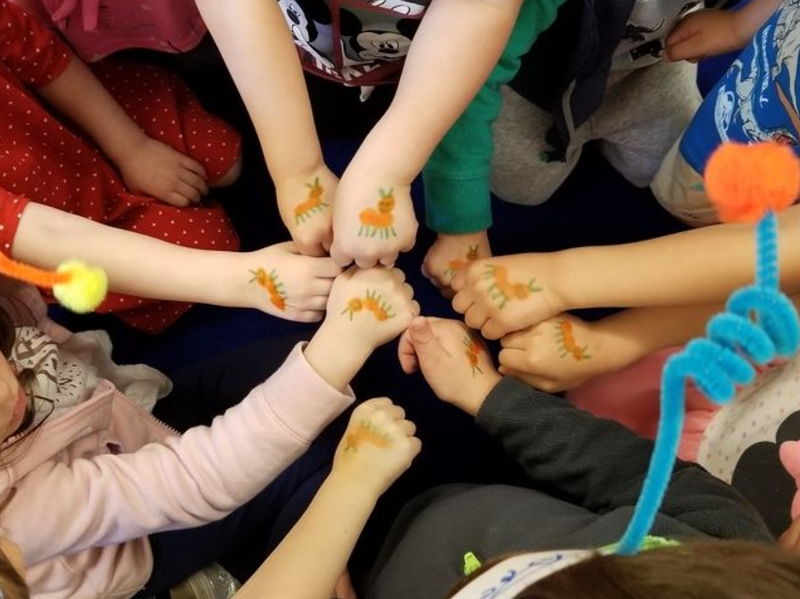
Pam said that challenges would be unique from church to church. “Storage is our biggest issue. We come with a lot of noise and a lot of toys…. You need to work it out that everybody has their own space.” Pam said, and acknowledged that, “Sometimes there can be conflict in Fulltime [preschool] situation.”
The idea of a shared spaced was echoed by Mindy. “Sharing the physical space can be quite a burden as part of the ministry strategy. If the two groups aren’t working together, one becomes dominant of the space. That’s another reason why we wanted [preschool] to ultimately fall under the children’s pastor [duties].”
Thankfully, government regulations with Christian teaching aren’t compromising the quality of Bible teaching with any of these 3 preschools. Diving into that topic, Pastor Heather said that, “Schools must meet state licensing and compliance standards, which can be complex and time-consuming depending on the state in which you are starting the school.” Generally though, because preschools teach fundamentals like ABC’s and 123’s, Pastor Heather believes “activities and lessons can seamlessly integrate biblical principles, teaching even the youngest children that “in Him we live and move and have our being” (Acts 17:28).”




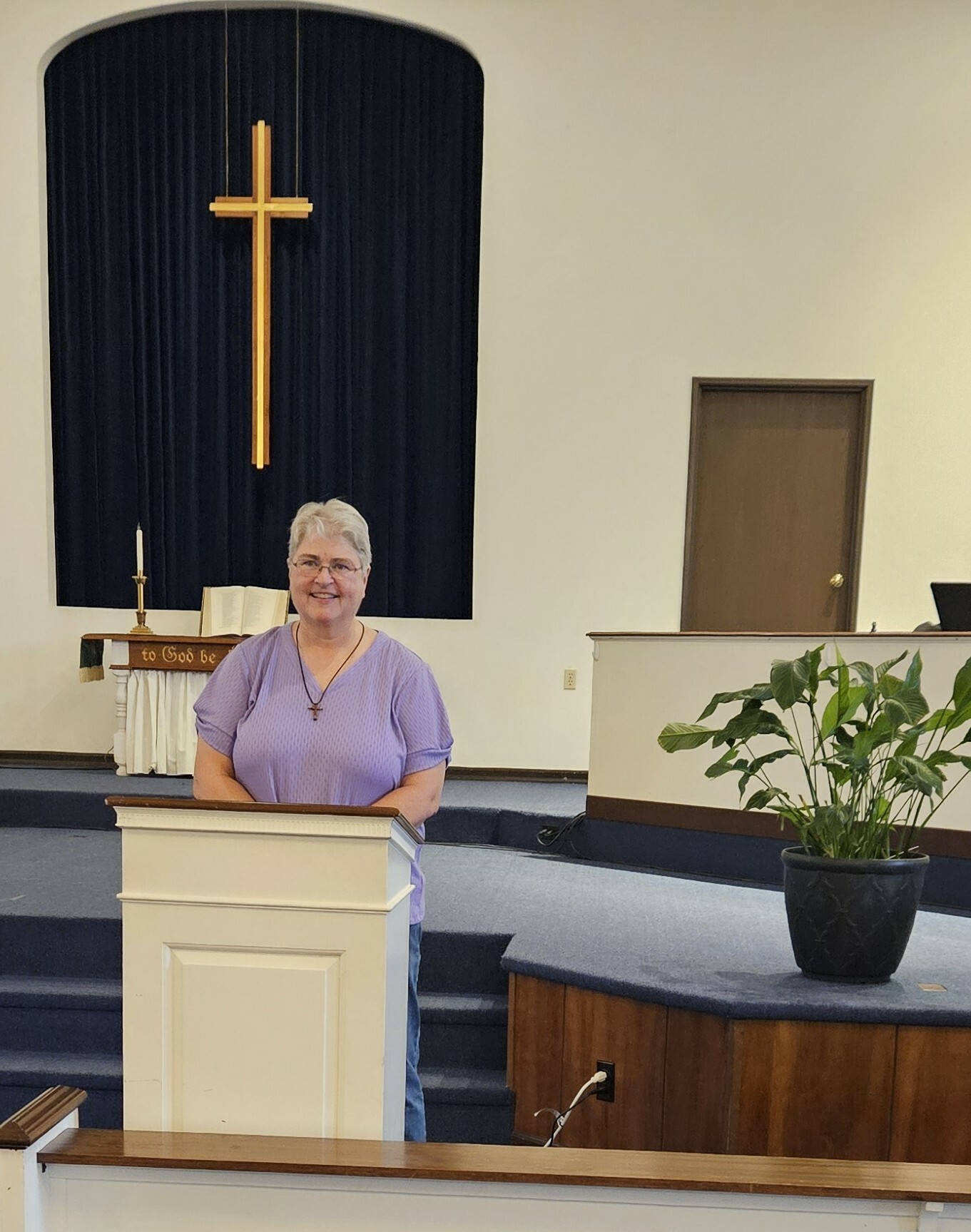
Login To Leave Comment